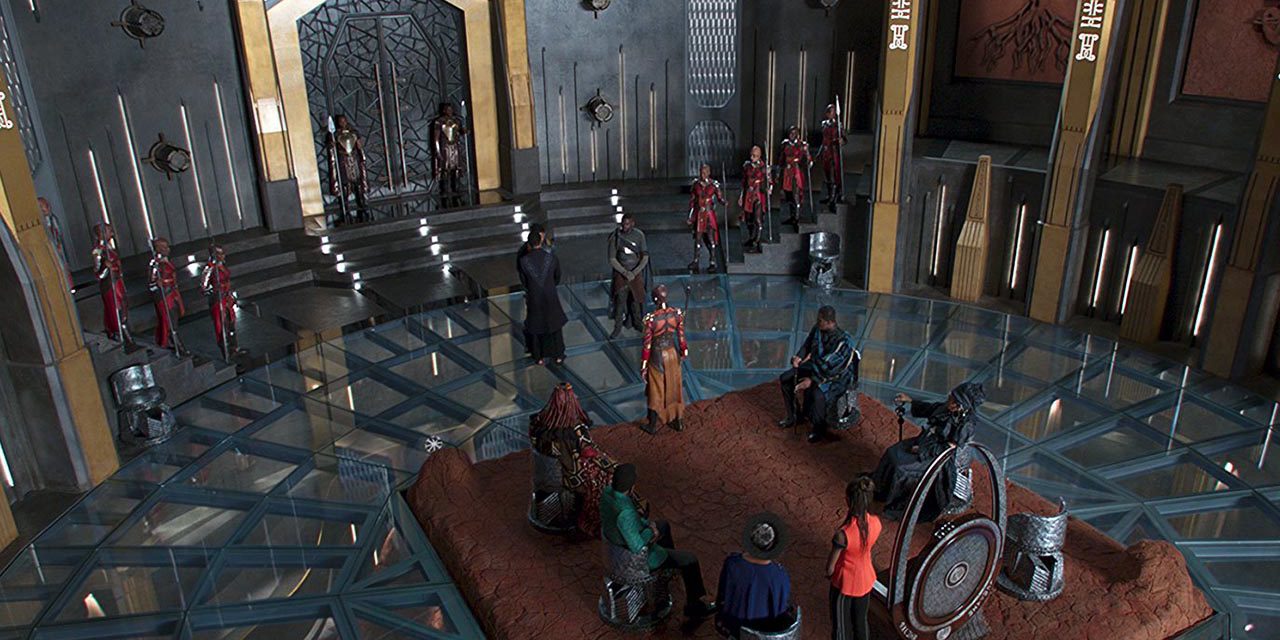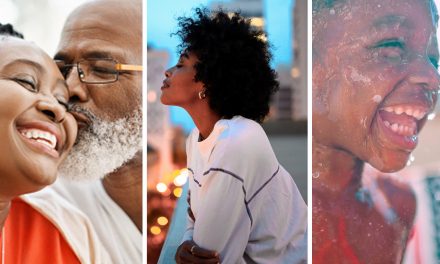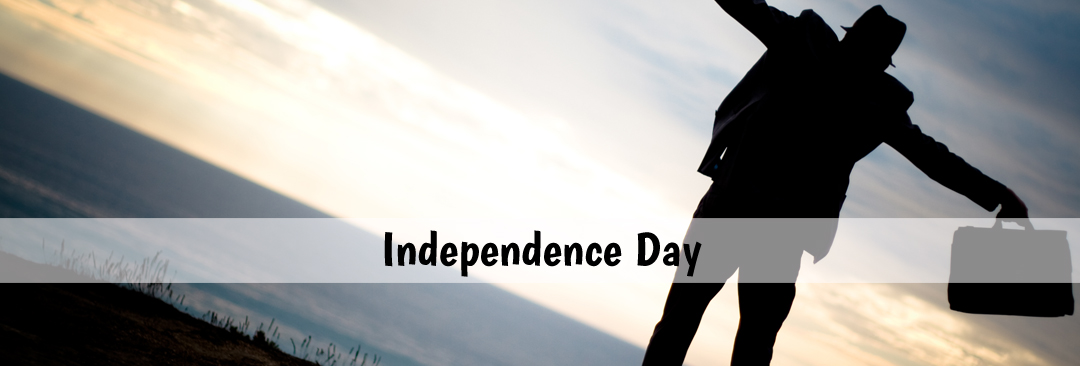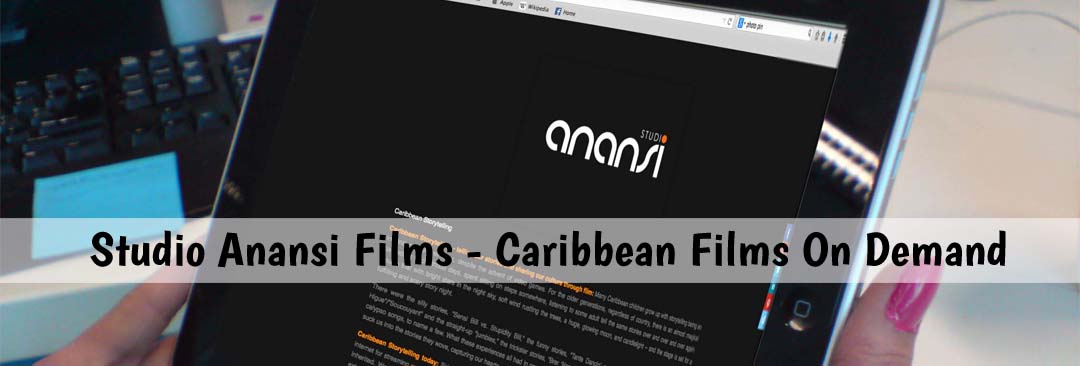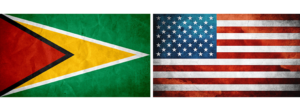Unless you’ve been living under a rock for the past few months, you dun know the power of the Black Panther. This film has had black folk around the global, but especially here in the States, on the edge of our seats for months. I myself, a woman who has only watched superhero flicks at the behest of my teenage sons has been eagerly awaiting the release of BP. At first, I was not particularly geeked about this film. Then casting decisions started being shared on social media. The fact that this one film seemed to star every major black actor in town made me go hmmm. This is something to make note of. But still, I wasn’t too moved. And then the trailer dropped.
Yo. Son. SON! The music, the moves, the blackness. In 5 minutes and 42 seconds min I was hooked. I jumped on the BP bandwagon with a quickness and consumed every bit of news I could. Bought tickets as soon as the pre-sale hit. And incredibly, it lived up to the hype. Surpassed it even. It’s an instant classic, like The Color Purple level classic where folks are quoting lines in regular conversation, without context, and everyone knows what they are trying to say. It has moved folk to their core. Even after seeing it 3 times (with plans to see it at least another 2 times) I’m still overcome by its majesty, its cinematography, the storyline and its unapologetic celebration, reflection and dissection of our multi-faceted Blackness.
The conversations, think pieces and hot takes sparked by BP have been many. And I’m here for all of it. So many different POVs informed by so many different life experiences. Truly we are not a monolith, as the movie and the discussions around it have shown. Below are a few of my favs on Wakanda’s importance to the culture:
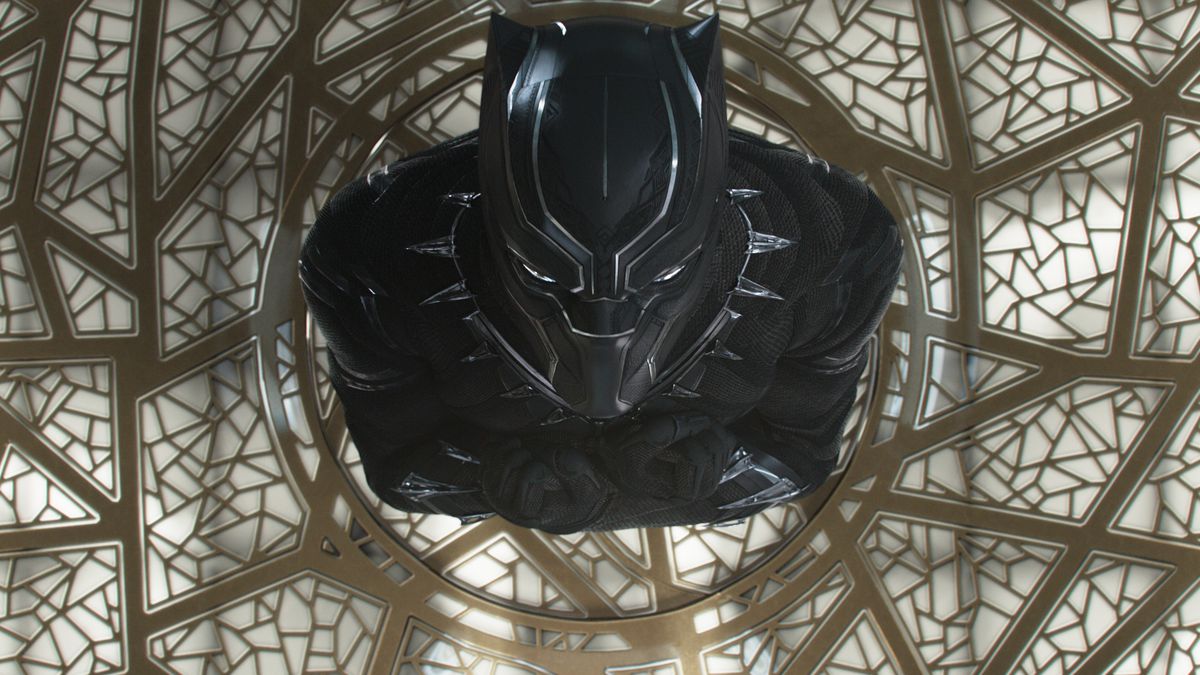
Hosted Christopher Robichaud, a Harvard Kennedy School Senior Lecture by TWID is a podcast about the promise and perils of democracy. On this episode Christopher chats with Leah Wright Rigueur is an Assistant Professor of Public Policy at the Harvard Kennedy School of Government about the movies’ cultural impact.
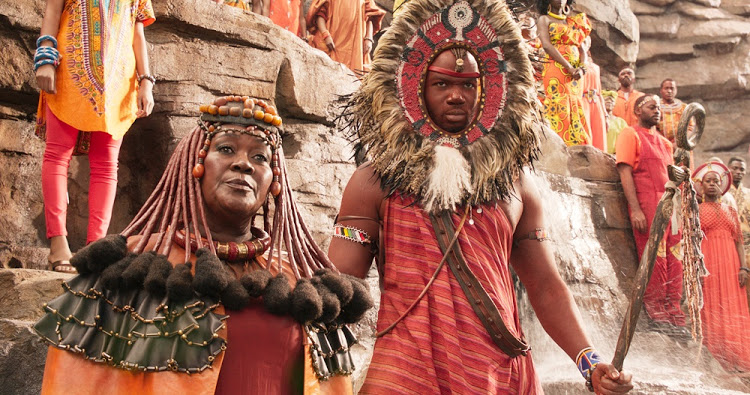
In this post Son of Baldwin breaks down and analyzes the movie with journalist Valerie Complex, artist/writer Isabelle Masado, and writer Lawrence Ware
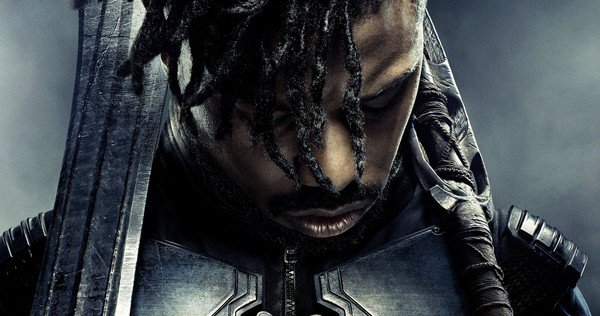
“I don’t want to argue whether Erik Killmonger was wrong or right—especially since it’s already been decided—but I do want to examine his character in the context of childhood trauma and how we respond to it. Hopefully, this makes those arguments more comprehensive and well-rounded. I truly believe our relationship with Black children, as well as the traumatized children within us, has tangible implications on our relationship with Black people as a whole.“
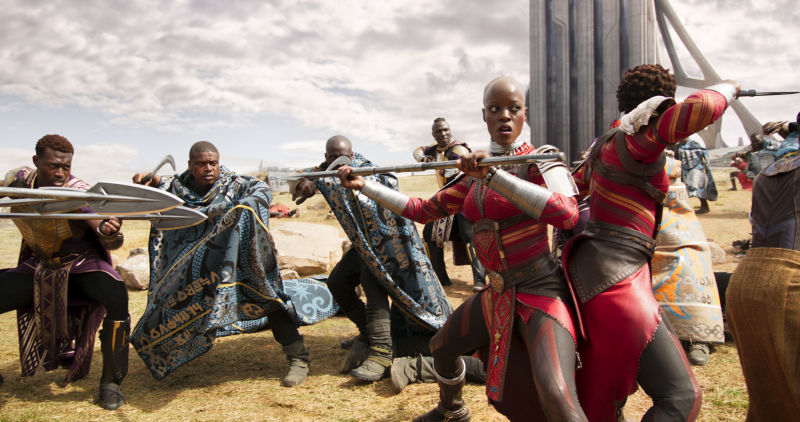
In this piece soca blogger Dyschick explores the rift between Killmonger and T’Challa through the lens of the Caribbean diaspora, exploring the meaning of home to those who were born/live outside of their ancestral islands.
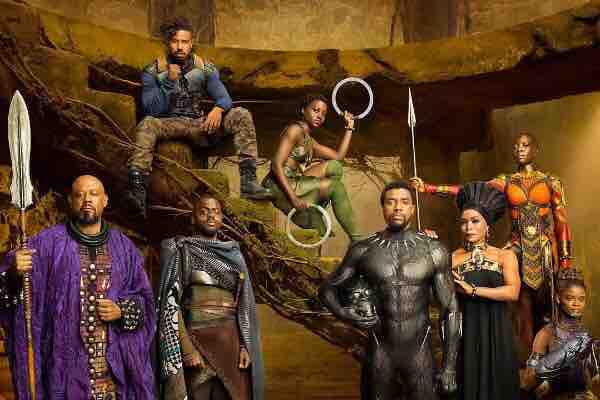
In this episode, the group discusses the cultural and social ramifications of the movie. Joining interim co-host & podcast engineer, Keisha “TK” Dutes and co-host Mark Winston Griffith are film and television producer, Okema T. Moore, Curtis Caesar John, Director of The Luminal Theater, a micro cinema specializing the curation of Black Film,
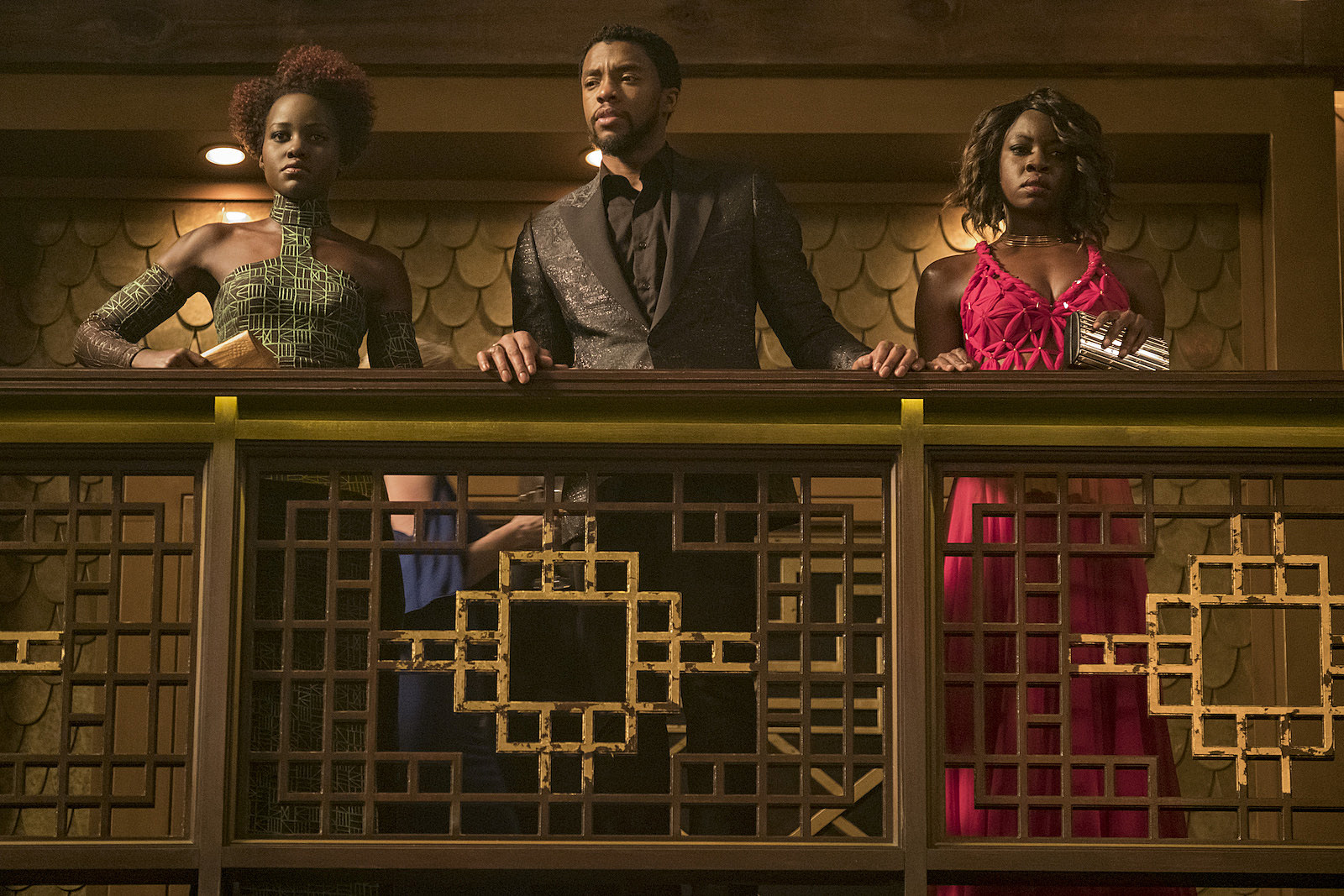
Black Panther takes place not only in the fictional African nation of Wakanda, but also in Oakland, California and Busan, South Korea. Asian Boss, a video series of man-on-the-street interviews, asks several Koreans their thoughts on the movie and their perception of Black people and culture. Their answers are eye-opening. Always interesting to see how our people and culture are received by others.
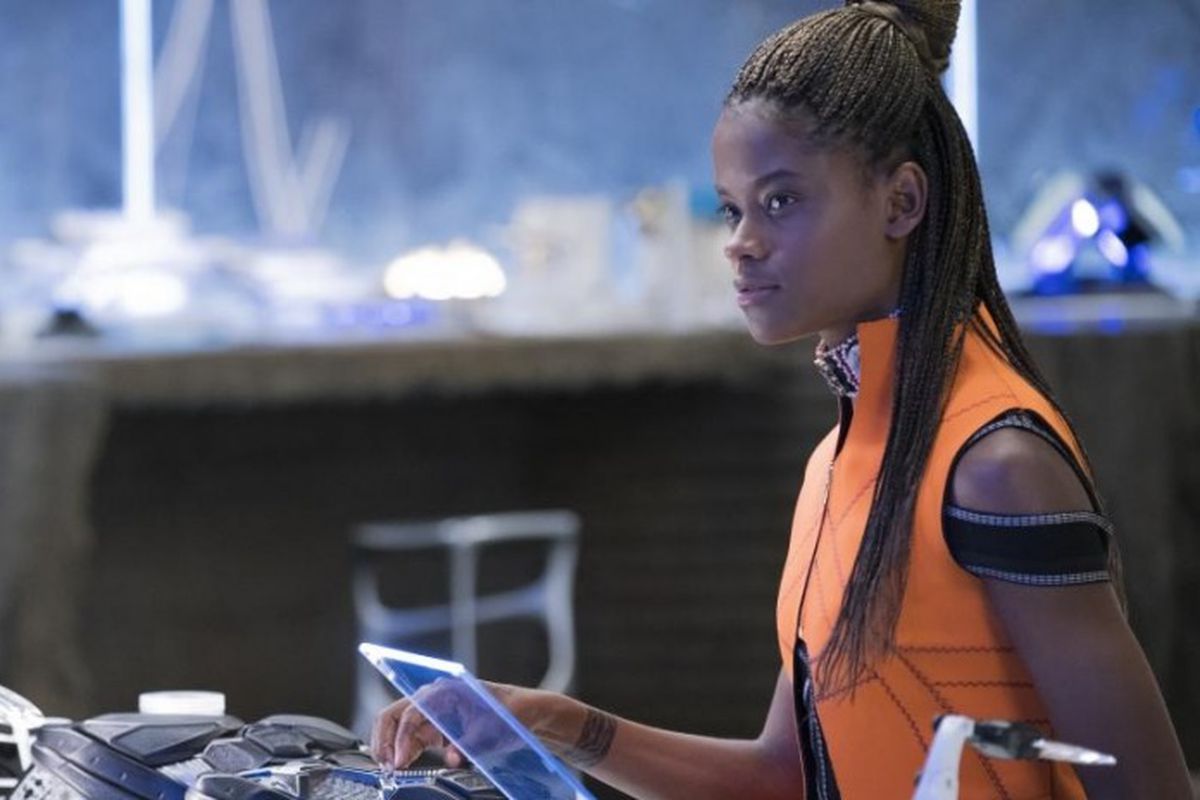
One of the most practical and inspiring pieces inspired by the film is the school curriculum that uses the movie as a jumping off point to teach kids about subjects such as colonialism in Africa, the legacy of slavery in the U.S., Black feminism and in-depth character analysis. Click here for a direct link to the curriculum.
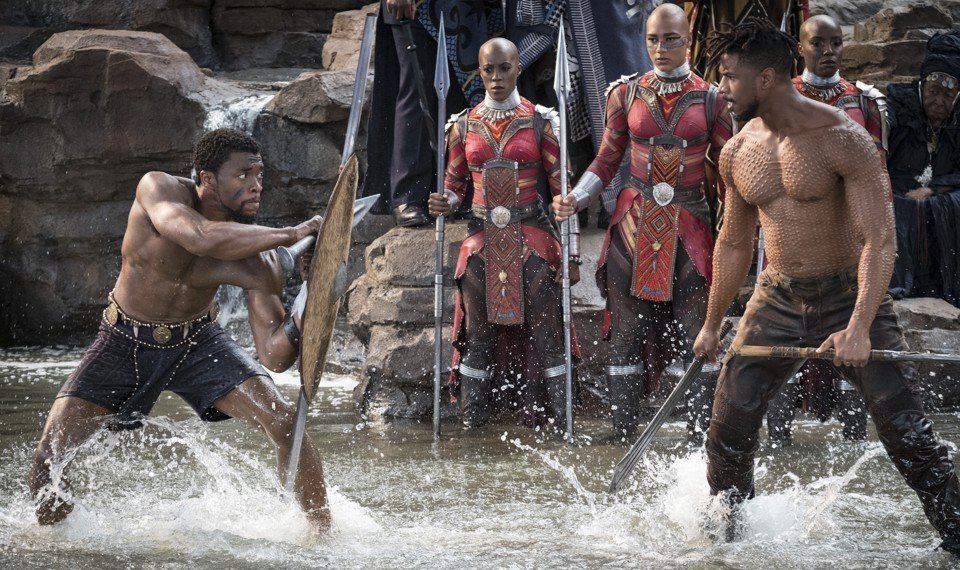
In addition to the love there were also plenty of hot takes that lambasted Black Panther for a variety of reasons. I found most of them to be trash, full of hotep fuckery or white nationalist tears. Then I came across this twitter thread that, though I disagree with most of its positions, it cited many texts, activists and scholars that I only had a passing knowledge of and was intrigued. It’s dense and takes some time to digest and unpack. But though it comes to a conclusion that I think is wrong, the POV and journey to that conclusion is an interesting one
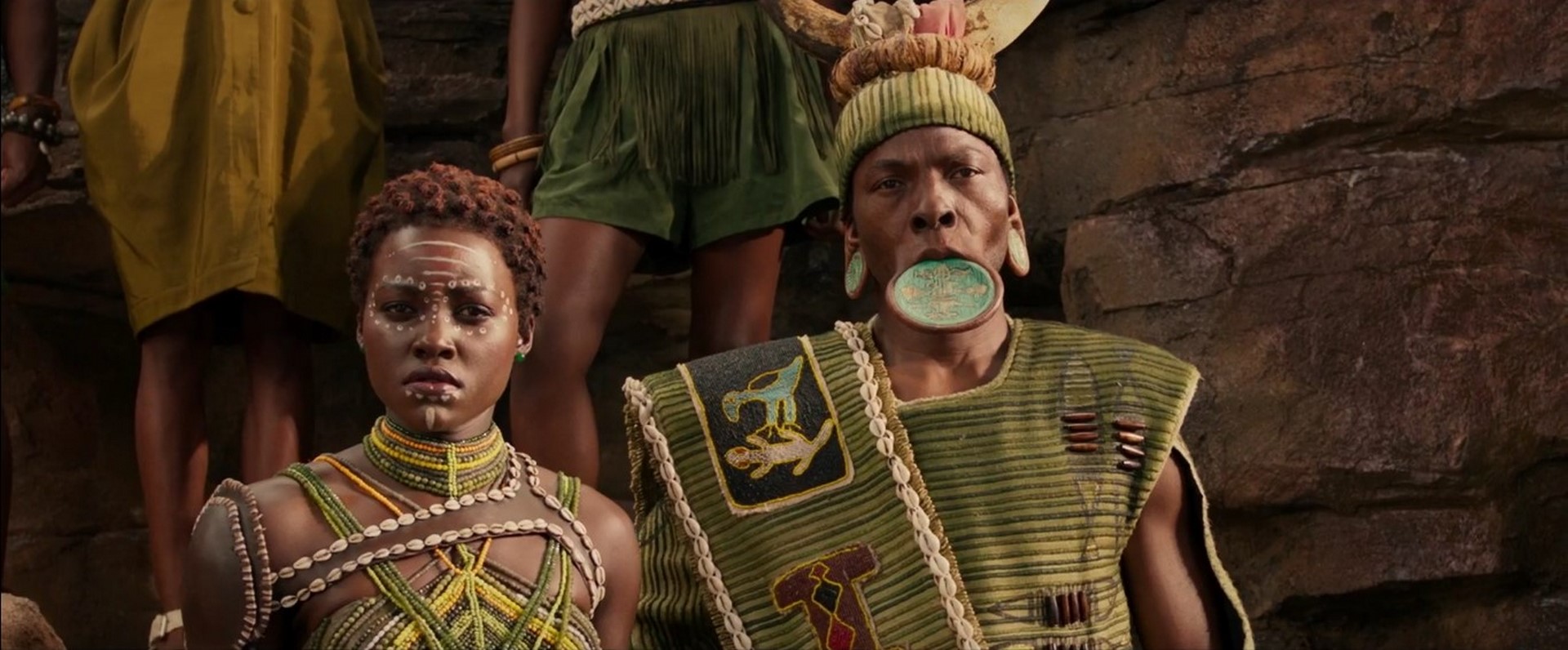
The hilarious Luvvie Ajayi shares her thoughts on the T’Challa and his actions and peoples.
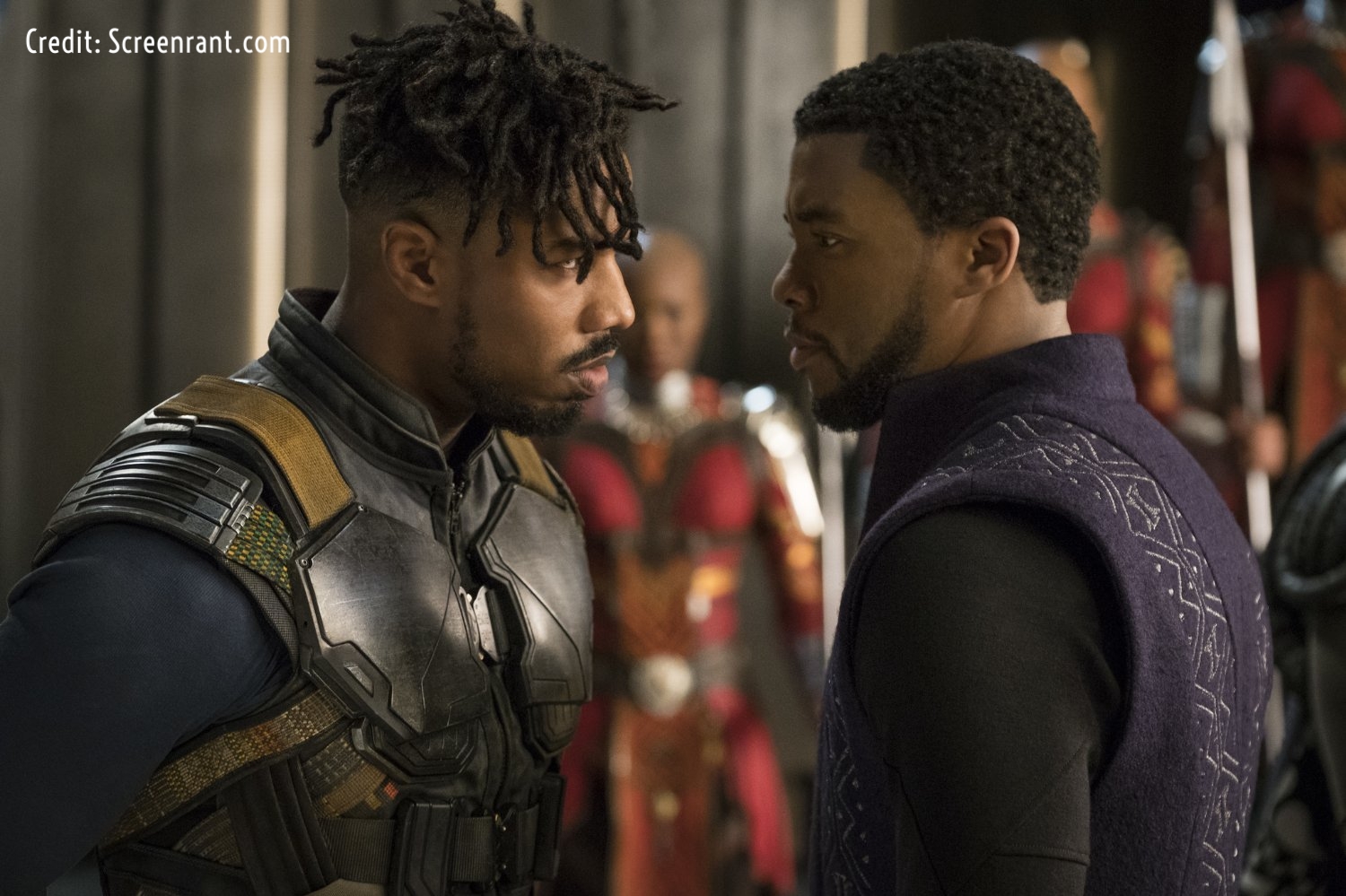
Journalist Jamil Smith speaks with BP star Chadwick Boseman and director Ryan Coogler while exploring the film’s impact and history of civil rights in this country.

